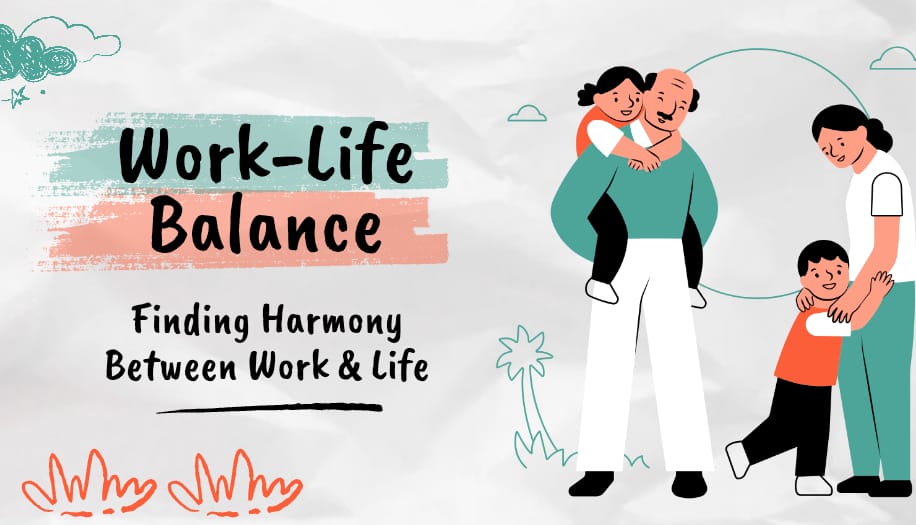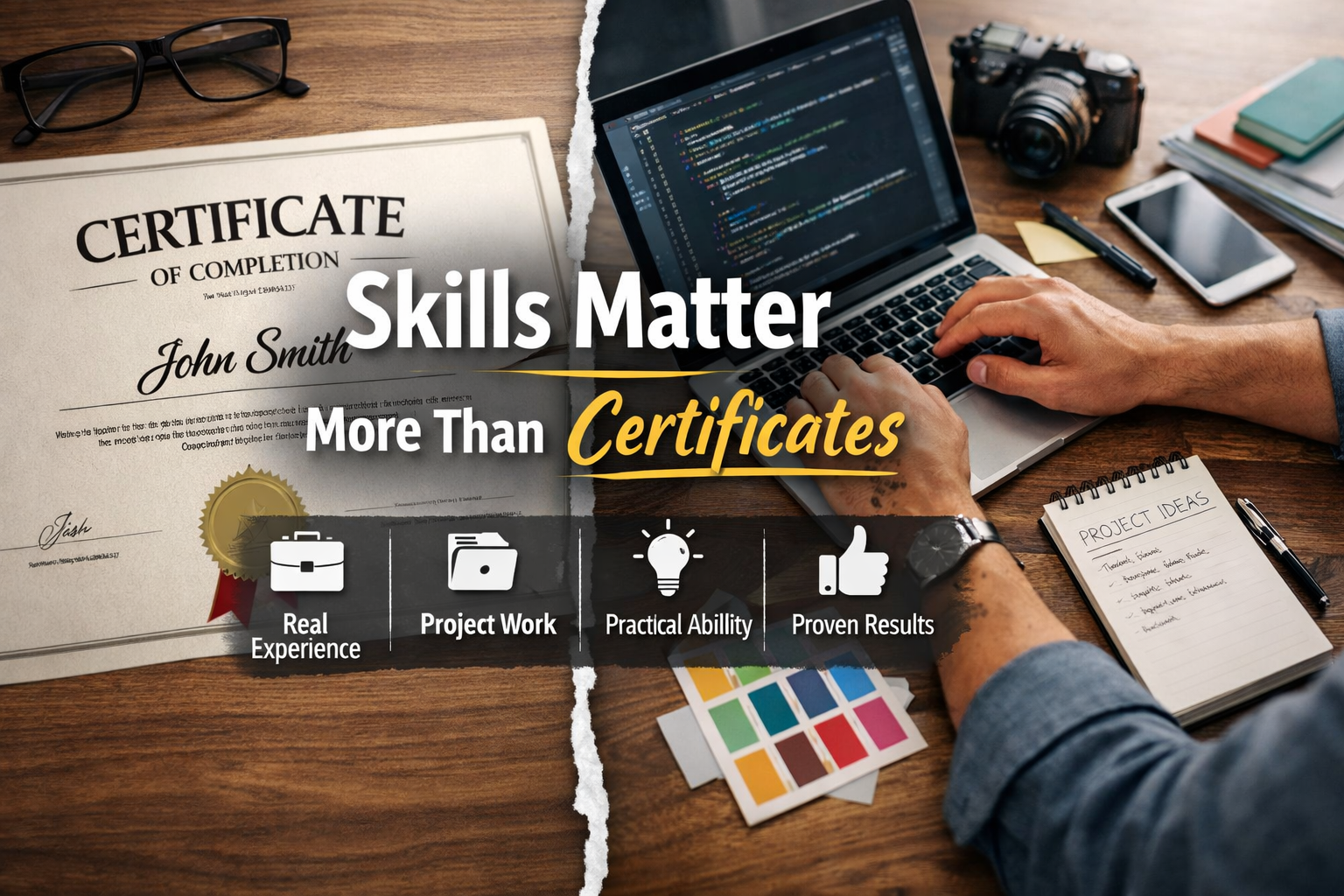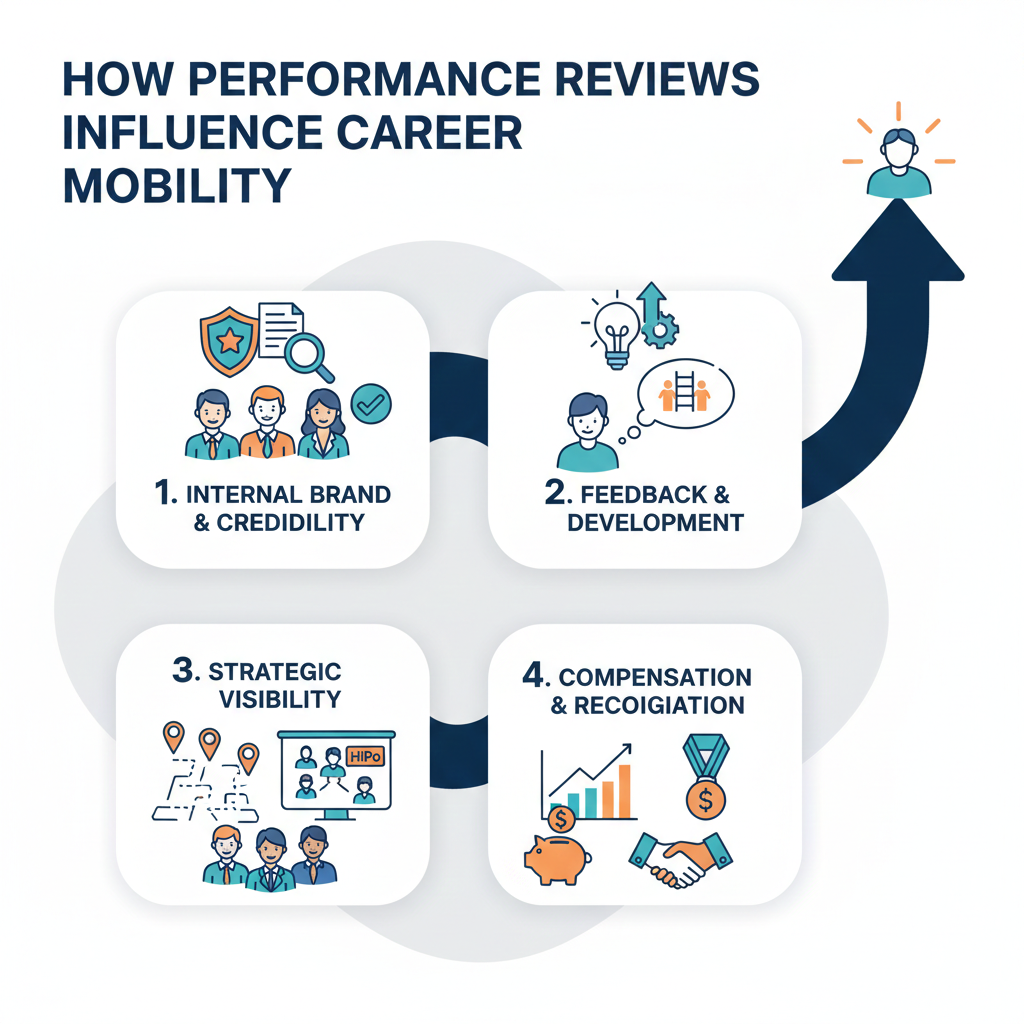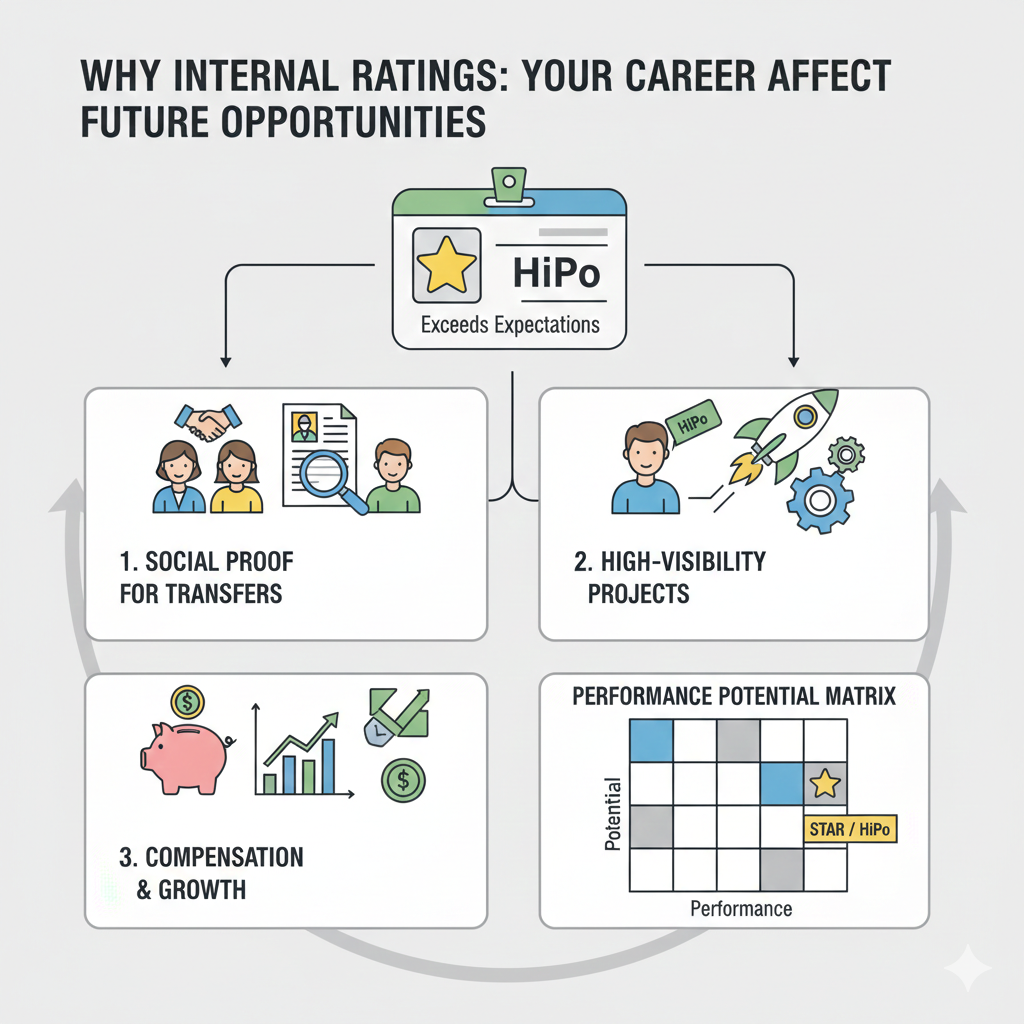Introduction
In today’s time, work-life balance is more important because the demand for the modern workforce has increased and become complex. Technology has allowed employees to be available at any time, and a lot of the time, this has become an expectation. Remote and hybrid work gives flexibility, but overwork and burnout increase the risk. Mental awareness and health awareness have also increased, and people have started understanding that the effect of constant pressure and poor boundaries can be harmful in the long term. In today’s fast-paced world, maintaining a healthy balance, job satisfaction, and overall life quality has crucial importance.
A healthy balance leads to better mental health, higher productivity, stronger relationships, and greater job satisfaction. Both employees and employers share responsibility in fostering an environment where this balance can thrive. By prioritizing time management, setting boundaries, and embracing supportive workplace policies, we can build a sustainable and fulfilling professional life that complements our personal happiness and long-term success.
You can read the summary of this article here.
Meaning of Work-Life Balance
In the past, work-life balance was often seen as a clear separation between professional and personal life. People typically worked fixed hours, usually nine-to-five, and once they left the office, work was left behind. There was less technological intrusion, so evenings and weekends were dedicated to family, hobbies, and rest. Today, the concept has evolved significantly. With remote work, smartphones, and constant internet connectivity, work can follow people anywhere, blurring the boundaries between job and personal time. Modern work-life balance is no longer just about fixed hours—it’s about creating harmony between professional responsibilities and personal well-being, ensuring that neither overwhelms the other.
Benefits of a Healthy Work-Life Balance
The most important benefit of maintaining a healthy work-life balance is your good mental health. When you balance your personal life and your work life then stress level decreases automatically. Overworking and staying busy continuously can be a reason for burnout, which can lower your energy and motivation. But if you take proper rest, give space to family time, and spend some time on a hobby, then your mind stays fresh and it reduces anxiety as well. You feel more focused and emotionally stable which is very important for career success.
- Better mental health and reduced burnout
One of the major benefits of a healthy work-life balance is strong personal relationships. When you take out time for your family, friends, and loved ones then your emotional connection becomes strong. Overworking and staying busy can create distance in your relationship. But when you give equal importance to both professional commitments as well as personal commitments, then trust and bonding both get improved. This support system keeps you emotionally stable which directly makes your work performance better.
- Improved job satisfaction
When there is harmony between work and personal life, job satisfaction naturally improves. You enjoy your work because you are not constantly under pressure. You feel that the company values your time and well-being, which increases loyalty and motivation. Work-life balance also means that you can enjoy your life after office hours without feeling guilty or stressed. In this positive environment, employees perform their best and feel more connected to their role.
Work-Life Balance Tips
1. Time Management Strategies for Work-Life Balance
Time management is very important in remote work because there are a lot of distractions and the deadlines are very tight. The Pomodoro technique is a popular method in which you work for 25 minutes and then take a break for 5 minutes. You can maintain focus on your work by repeating this cycle and you can be safe from burnout. Time blocking is another effective strategy in which you reserve specific time slots in your calendar for different tasks. For example, creative work in the morning, a meeting in the afternoon, and handling emails in the evening. By applying these techniques, you can maintain a better flow in your work and priorities become clear. These techniques boost productivity and break work into manageable chunks.
2. Setting Boundaries for Work-Life Balance
Remote work is a challenge to maintaining work-life boundaries. When you work from home, the gap between personal life and professional life can blur. To avoid all these problems you should set boundaries like deciding a fixed end time and not checking emails and messages after work time. You should clearly communicate your working hours with your team and manager so that they know when you are available and when you are not. Give time to your mind to relax from this habit, which is essential for your mental health and long-term productivity. You can reduce burnout and enjoy quality time in your personal life by maintaining clear boundaries between professional and personal life.
3. Flexible Work Options for Work-Life Balance
If employers provide flexible working hours to their employees, then maintaining work-life balance becomes easy. Every employee has a different productive time; some are more active in the morning and some at night. Employers can take advantage of employees’ productive work by providing them with a flexible schedule. From this approach, employees can manage their personal commitment easily, which also reduces stress and increases overall job satisfaction.
4. Self-Care Practices for Work-Life Balance
Many employees don’t use their vacation days because they feel work will pile up or their boss might think negatively of them. Employers have a role in changing this mindset. They should encourage staff to take their vacation days and enjoy their downtime. This helps reduce burnout, refresh creativity, and ensures employees return to work more motivated.
In today’s competitive work environment ignoring mental health is a big mistake. Employer can reduce their staff stress by launching employer wellness programs where employers can give stress management workshops, counselling sessions, and fitness benefits. Mental health days, yoga sessions, and meditation classes are also very helpful. From this employees will be loyal and productive towards the company.
5. Reward Yourself for Achievements
You should appreciate your effort whether it is small or big.
- Become a reward system for yourself.
- You can prepare a coffee treat for yourself after completing a big task.
- You can also enjoy your favourite snack or watch an episode of your favourite show to appreciate yourself.
- Not only for big efforts, you should also appreciate yourself for small achievements. You can pat your back after a small achievement to feel good.
Benefits: These self-rewards encourage you psychologically and motivation gets long-term sustainability from self-appreciation, and you don’t feel your work is boring or forced.
Conclusion
This article covered practical tips and strategies for achieving work-life balance, including effective time management, setting boundaries, leveraging technology, practicing self-care, delegating tasks, and building a supportive network. By implementing these tips, busy professionals can reduce stress, improve productivity, and enjoy a healthier, more fulfilling personal and professional life.
You can explore opportunities here and more informational for building a strong career here.







Leave a Reply